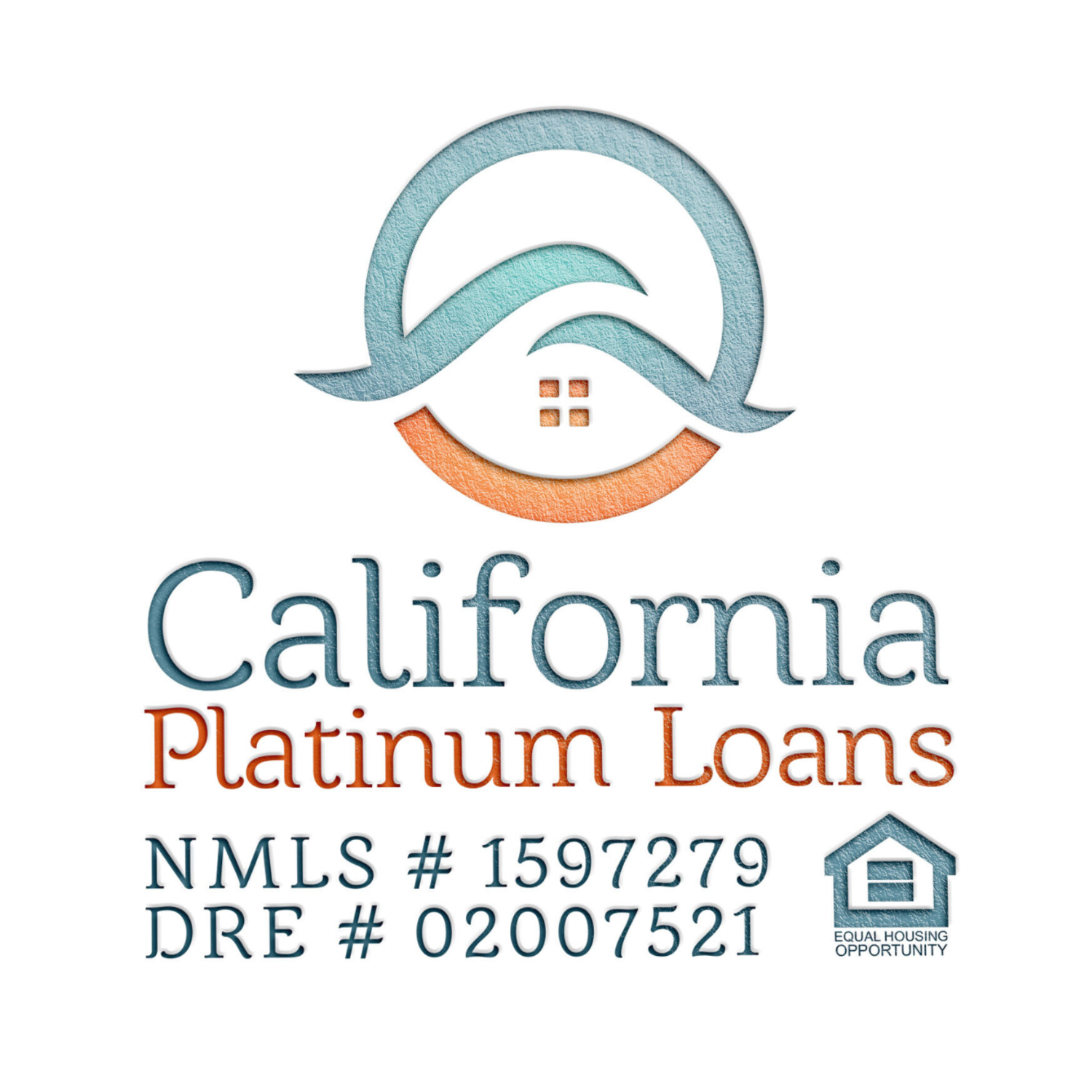A credit score is a numerical rating that represents an individual’s creditworthiness, and it’s based on information in their credit report. It’s an essential factor that lenders and financial institutions consider when assessing the risk of lending money or extending credit to someone. In this article, we’ll provide an overview of credit scores, how they are calculated, and how you can improve your credit score.
Understanding Credit Scores
Credit scores are calculated using various scoring models, with the FICO score being the most widely used in the United States.
The FICO score ranges from 300 to 850 and is based on five factors:
- Payment History (35%): The history of making payments on time and in full is the most critical factor in determining a credit score. Late payments or missed payments can harm a credit score.
- Credit Utilization (30%): The amount of credit used concerning the available credit is another important factor in determining a credit score. It’s generally recommended to keep credit utilization at or below 30%.
- Length of Credit History (15%): The age of the oldest and newest accounts is another factor that can impact a credit score. A more extended credit history can be beneficial to a credit score.
- Types of Credit (10%): A mix of different types of credit, such as mortgages, credit cards, and auto loans, can benefit a credit score.
- Recent Credit Applications (10%): Each time an individual applies for credit, a hard inquiry is made, which can hurt a credit score.
Why Credit Scores Matter
A good credit score can open up many financial opportunities, such as lower interest rates on loans and credit cards, the ability to rent an apartment or purchase a house, and even better insurance rates. On the other hand, a low credit score can limit these opportunities and make it harder to get approved for credit.
Improving Your Credit Score
Improving your credit score is essential to achieving financial stability and independence. A good credit score can make getting approved for loans, credit cards, and even rental agreements easier.
Here are some recommendations to help you improve your credit score:
- Pay Your Bills on Time: Late payments can significantly negatively impact your score, so it’s essential to pay all of your bills on time, every time.
- Keep Your Credit Card Balances Low: Keeping credit card balances as low as possible is best, ideally below 30% of your credit limit.
- Dispute Errors on Your Credit Report: Reviewing your credit report is essential to ensure that all the information is accurate. You can dispute errors with the credit reporting agency if you find errors.
- Limit New Credit Applications: Every time you apply for credit, it can harm your score. It’s best to limit the number of new credit applications you make.
- Keep Old Credit Accounts Open: Keeping old credit accounts open and in good standing can help improve your score.
- Consider a Secured Credit Card: A secured credit card is an excellent option for those with little or no credit history, as it allows you to establish credit without the risk of default.
- Seek Credit Counseling: If you’re having trouble managing your debt, consider seeking credit counseling. A credit counselor can help you develop a budget, negotiate with creditors, and teach you practical money management skills.
Maintaining a Good Credit Score
To maintain a good credit score, making payments on time, keeping credit utilization low, and avoiding applying for too much credit at once are essential. Additionally, regularly checking credit reports for errors and disputing any inaccuracies can help ensure a credit score is accurate.
Credit scores are used in many aspects of our life, and it’s essential to know and maintain a good credit score to access financial opportunities. Improving your credit score is a process that takes time, but consistently following the tips mentioned above and maintaining good credit habits can help you achieve your financial goals. Remember to check your credit report regularly and dispute any errors or inaccuracies that you find. By doing so, you can ensure that your credit score is accurate and represents your creditworthiness accurately.
Credit scores play a vital role in accessing financial opportunities. They are based on several factors, including payment history, credit utilization, length of credit history, types of credit, and recent credit applications. To improve your credit score, pay your bills on time, keep your credit card balances low, dispute errors on your credit report, limit new credit applications, keep old credit accounts open, consider a secured credit card, and seek credit counseling if necessary. Maintaining a good credit score requires consistently following these tips and maintaining good credit habits, ultimately helping you achieve your financial goals.



